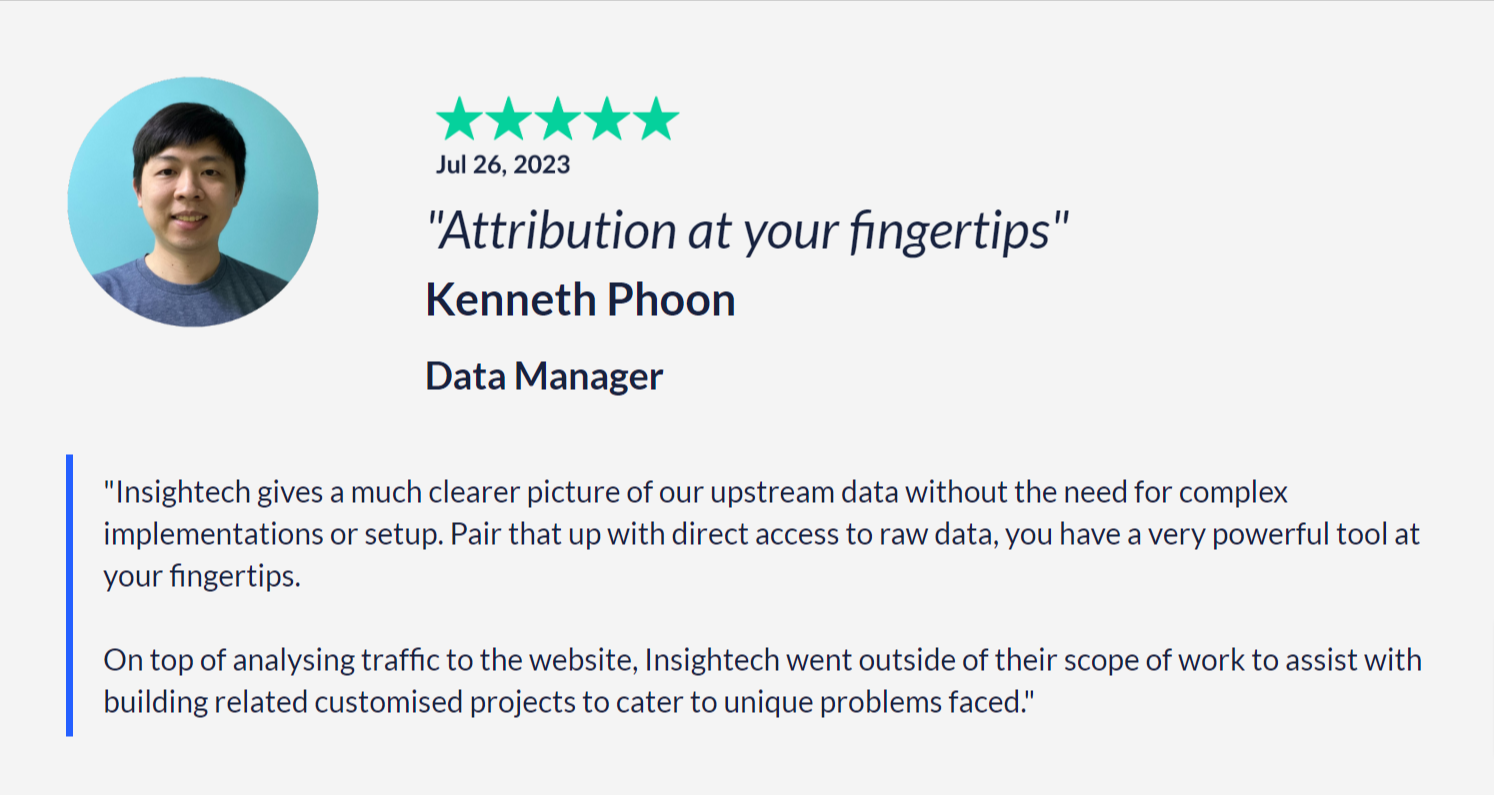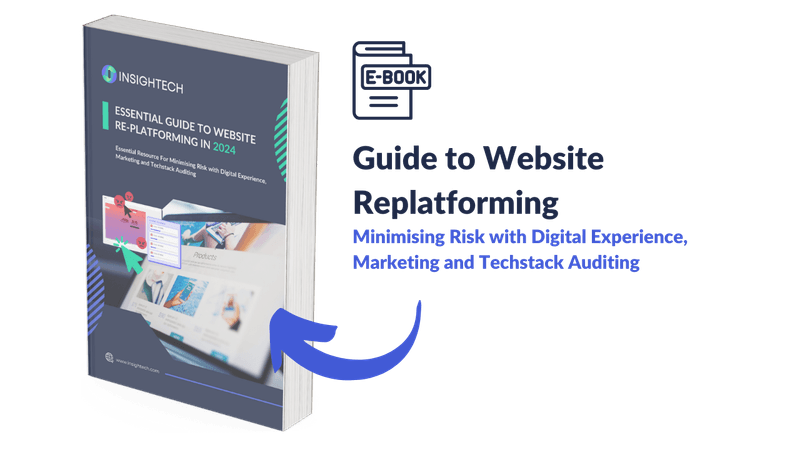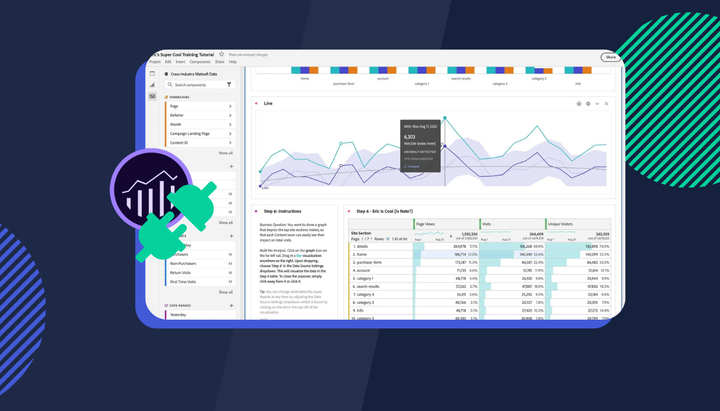10 Marketing Attribution Tools and Software for 2024
Understand which channels, campaigns or specific actions have the most impact on the decision-making process of the customers allows marketers to optimise their strategies and budget allocation to maximise ROI.

Measuring the success of your high-converting landing pages is essential. Marketing attribution is the analytical process of determining which marketing tactics are contributing to sales or conversions. It involves tracking the customer journey across multiple touchpoints and assigning value to each of these interactions that lead to a conversion. The goal is to understand which channels, campaigns, or specific actions have the most impact on the decision-making process of the customers. This insight allows marketers to optimise their strategies and budget allocation to maximise ROI.
Types of Attribution Models
There are several attribution models used to assign credit to different touchpoints in the customer journey. Each model provides a different perspective on how conversions are driven by marketing efforts:
- First-Touch Attribution: Credits the first interaction for the conversion, highlighting the importance of initial engagement.
- Last-Touch Attribution: Credits the last interaction before conversion, emphasising the final decision-making touchpoint.
- Linear Attribution: Distributes credit equally across all touchpoints, recognising each interaction's role in the conversion process.
- Time Decay Attribution: Assigns more credit to touchpoints closer in time to the conversion, valuing the increasing influence of later interactions.
- Position-Based Attribution (U-Shaped): Gives more credit to the first and last interactions, with the remaining credit distributed among other touchpoints, acknowledging the importance of initial engagement and final decision-making.
- Data-Driven Attribution: Uses algorithms and machine learning to allocate credit based on how each touchpoint contributes to the conversion, providing a customised attribution model based on actual data.
Challenges in Marketing Attribution
Despite its importance, marketing attribution faces several challenges:
- Cross-Channel Tracking: With customers interacting across multiple channels (online and offline), tracking the entire customer journey can be complex.
- Multiple Devices: Customers often use multiple devices (smartphones, tablets, computers) before converting, complicating the attribution process.
- Privacy Regulations: Increasing privacy regulations and the phasing out of third-party cookies impact the ability to track user behaviour across sites.
- Choosing the Right Model: No single attribution model fits all businesses or campaigns, making it challenging to select the most appropriate one.
Choosing the Right Tool
When selecting a marketing attribution tool, consider the following factors:
- Integration Capabilities: Ensure the tool can integrate seamlessly with your existing marketing, sales, and CRM platforms.
- Attribution Models Offered: Look for tools that offer a variety of attribution models to suit your business needs.
- Data Collection and Accuracy: Choose tools that can accurately collect and process data from all relevant channels.
- Usability and Reporting: Consider the tool's ease of use and the clarity of its reporting features. You'll want something that provides actionable insights in an understandable format.
- Cost: Evaluate the cost relative to the features offered and ensure it fits within your budget.
Marketing attribution tools are essential for understanding the effectiveness of marketing efforts and making data-driven decisions to optimise marketing strategies and budget allocation.
Some popular marketing attribution tools
- Google Analytics (including GA4): A versatile and widely used tool that offers basic to advanced attribution models, including last-click, first-click, linear, time decay, and position-based models. GA4, the latest version, introduces more sophisticated attribution features tailored for a multi-device and multi-interaction landscape.
- Adobe Analytics: Part of the Adobe Experience Cloud, this tool offers deep insights into customer journeys and robust attribution modelling. It's particularly well-suited for large enterprises with complex data analysis needs.
- Insightech: A user experience analytics product used for website conversion rate optimisation. Insightech gives you access to powerful raw data that you could use for marketing attribution in your reports and dashboards. In addition, you also get a range of tools that come standard out of the box to dive into and understand why users are not converting due to friction (eg. coupon codes not working at checkout or form design bugs which prevent application completions). Not-for-profits are also using Insightech for several interesting use cases including increasing donations from their website. You can find all the published case studies here if you're interested in learning more.
- Bizible by Marketo: Acquired by Adobe, Bizible integrates deeply with CRM systems (like Salesforce) to provide a unified view of marketing and sales data. It supports detailed multi-touch attribution models, making it easier to understand the impact of various marketing efforts on revenue.
- Attribution: This tool offers multi-touch attribution tracking across digital and offline channels, providing a clear picture of how each touchpoint contributes to conversions. It's designed to be easy to use, with a focus on delivering actionable insights.
- Wicked Reports: Ideal for small to medium-sized businesses, Wicked Reports offers attribution solutions that focus on long-term customer value and ROI. It tracks the effectiveness of marketing efforts over extended periods, attributing revenue back to specific campaigns and actions.
- Mixpanel: Focuses on user behaviour analytics, providing insights into how users interact with your website or app. Mixpanel helps marketers understand the impact of their campaigns on user behaviour and conversion rates, supporting data-driven decision-making.
- Optimizely (formerly known as Experimentation Platform): While primarily known for its A/B testing capabilities, Optimizely also offers attribution features that help marketers understand the impact of experiments on conversions and sales.
- CallRail: Specialises in call tracking and analytics, offering attribution for phone call conversions. This is particularly useful for businesses where phone calls are a critical part of the customer journey, such as in the services industry.
- LeadsRx: A multi-touch attribution tool that provides a comprehensive view of the customer journey across all marketing channels. It helps marketers optimise their ad spend by revealing which channels and campaigns are most effective at driving conversions.
When selecting a marketing attribution tool, consider your specific needs, such as the complexity of your marketing campaigns, the channels you use, integration capabilities with other tools, and your budget. Each tool has its strengths and is designed to meet different requirements, so it's crucial to evaluate them based on how well they align with your marketing objectives and infrastructure.

Some of these articles might of helpful as well:
- How to turn your website into a dashboard
- How to get started with Offline Conversion tracking
- Simplify Interaction Tracking in GA4 with Enhanced Measurement + Insightech
Planning to move your website to a new platform? Minimise the risk with this step-by-step guide

- Identifying Limitations of the Current Platform
- Aligning Re-platforming Goals with Business Strategy
- Conducting a Comprehensive UX, Marketing and Tech Audit
- Questions to consider when analysing your site’s digital experience



